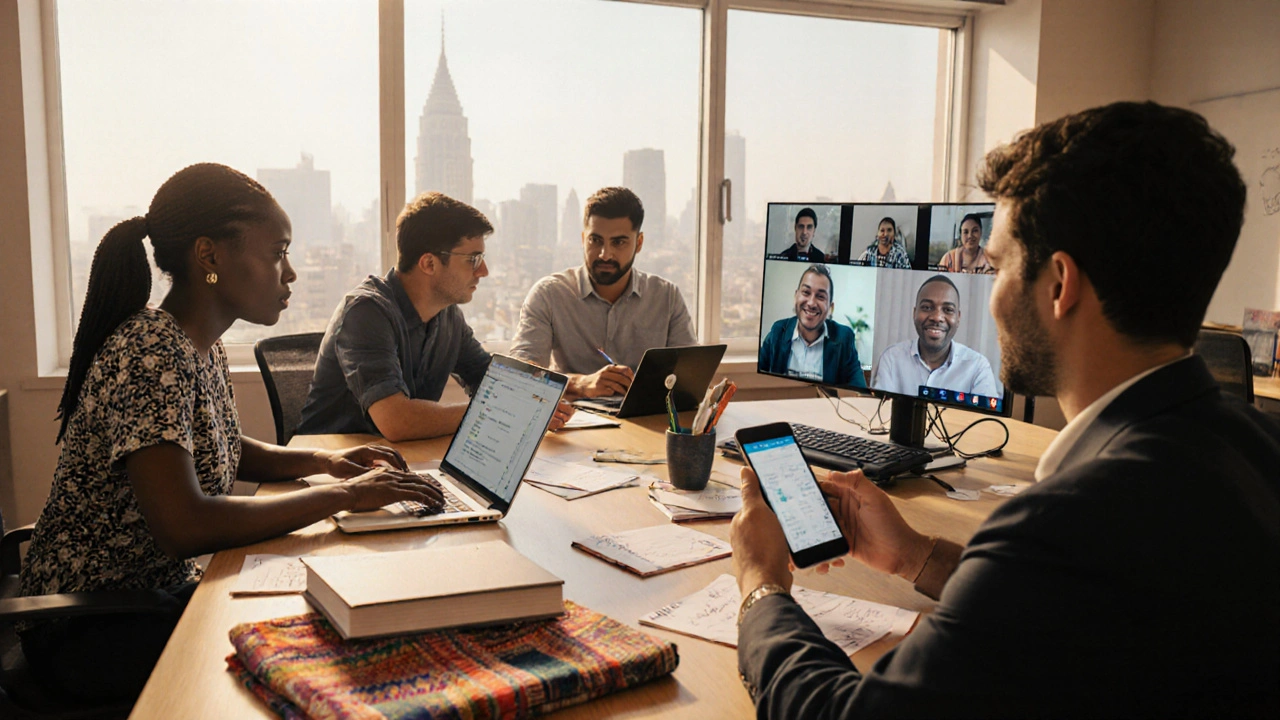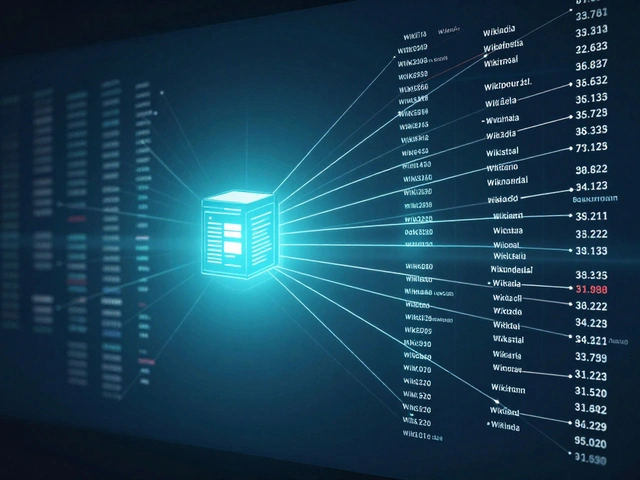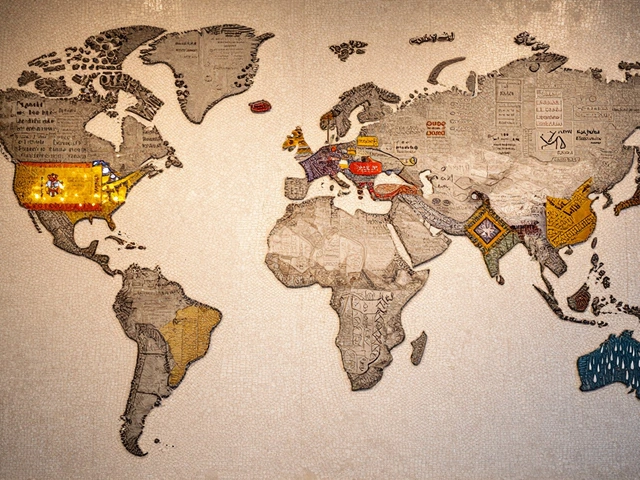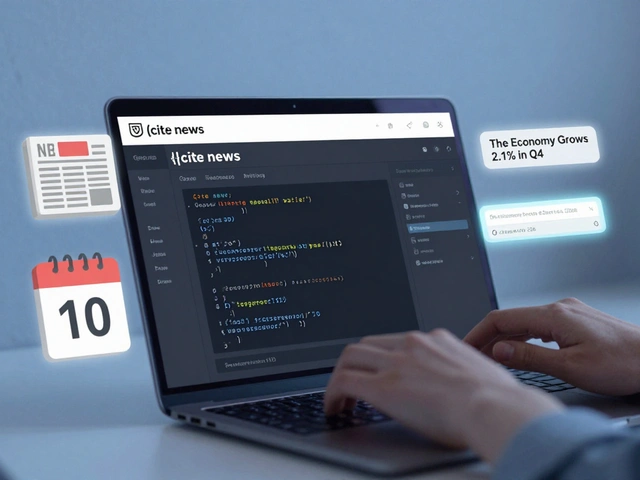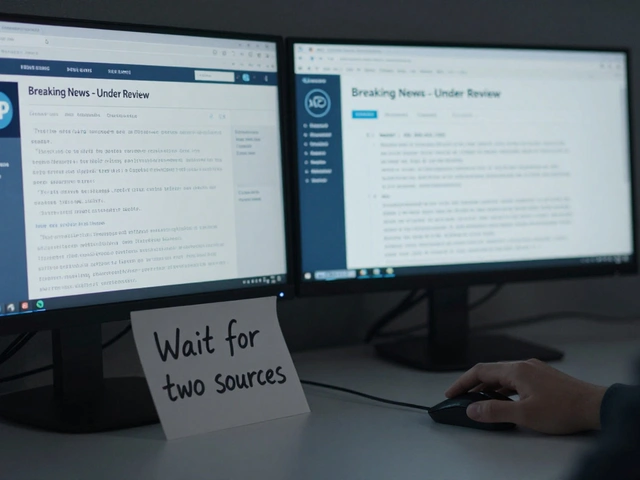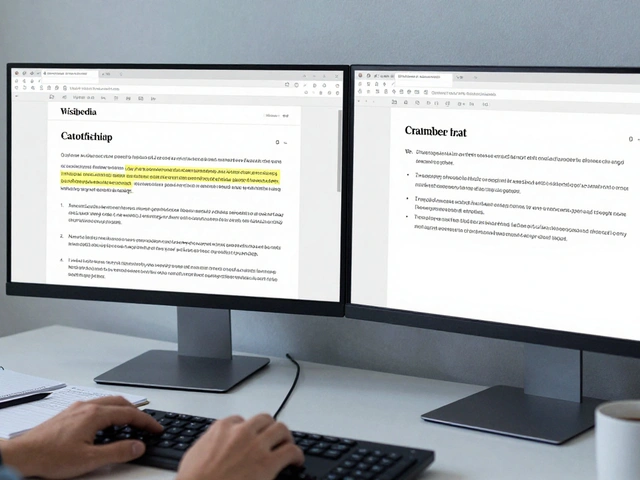Inclusive Workplace on Wikipedia: How Equity Shapes Knowledge Creation
When we talk about an inclusive workplace, a space where people from all backgrounds can contribute without facing bias, exclusion, or hostility. Also known as equitable editing environment, it's not just a nice idea—it's the foundation of Wikipedia’s claim to be the sum of all human knowledge. But right now, that ideal is under strain. The people who shape Wikipedia’s content don’t reflect the world. Most are men, many are from Western countries, and too many face harassment just for editing topics tied to gender, race, or politics. If only a narrow group gets to decide what’s notable, what’s neutral, or what’s vandalism, then Wikipedia isn’t just incomplete—it’s distorted.
Real inclusion means more than adding a few women or non-Western editors. It means changing how decisions get made. Take Wikimedia Foundation, the nonprofit that supports Wikipedia’s infrastructure and funds community initiatives. They’ve started funding projects to train editors in Africa, South Asia, and Indigenous communities. But tools and grants alone won’t fix a culture where new editors get buried under hostile talk page replies or have their edits reverted because they cite local sources that don’t match Western standards. And then there’s diversity in editing, the presence and influence of editors from underrepresented groups across language, gender, geography, and experience. Without it, Wikipedia keeps missing stories—like how a rural clinic in Nigeria gets covered, or why a transgender activist in Brazil isn’t seen as notable enough for an article. The same people who run ArbCom elections, decide on deletions, or police sockpuppet accounts are often the same ones who’ve been here for a decade. Newcomers, especially those without academic credentials or fluent English, get pushed out before they even get started.
It’s not about lowering standards. It’s about expanding them. The inclusive workplace on Wikipedia isn’t about favoritism—it’s about fairness. It’s about recognizing that a local newspaper in Ghana is just as valid as The New York Times when reporting on a community event. It’s about letting someone who speaks Swahili edit the Swahili Wikipedia without being told their sources aren’t "reliable" because they’re not in English. It’s about making safety tools real, not just policy words. The posts below show how this plays out: in the quiet work of student editors, in the fights over local news sources, in the rise of African language Wikipedias, and in the growing push to protect volunteers from real-world threats. This isn’t a side issue. It’s the core challenge facing Wikipedia today. If the platform can’t become truly inclusive, it won’t just lose credibility—it’ll lose its reason for existing.
How the Wikimedia Foundation Is Meeting Its Hiring and Diversity Goals
The Wikimedia Foundation is transforming its hiring practices to build a diverse, globally representative team that reflects Wikipedia’s worldwide users - with measurable results and real impact on content.
